 Life & Style
Life & Style
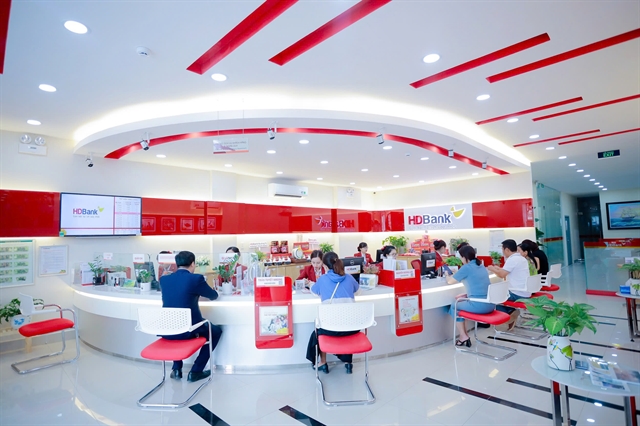
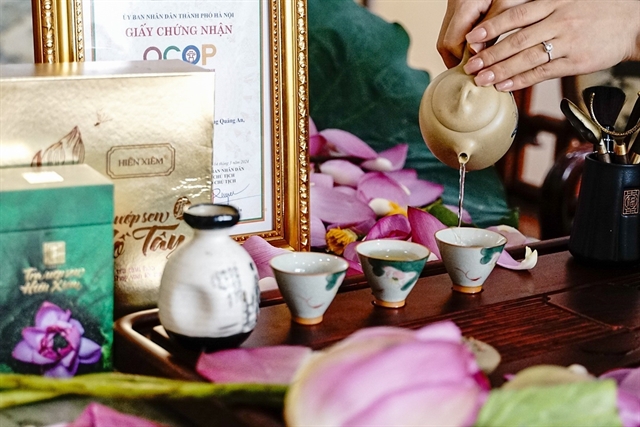 |
| Hien Xiem Lotus Tea is the only product in Tay Ho District to receive a 4-star OCOP certification. |
HA NOI — Hien Xiem Lotus Tea, a renowned Vietnamese specialty, was selected to be served at a tea reception held at the prestigious Vietnam Women's Museum for Peng Liyuan, wife of Chinese President Xi Jinping, during her visit to Vietnam in 2023.
Previously, it was also served at the historic 2019 US-North Korea Summit in Ha Noi. The tea's delicate flavoUr and cultural significance have made it a favoUrite among world leaders and tea connoisseurs.
For many years, the family of artisan Luu Thi Hien and other tea-steeping artisans in Ha Noi's Tay Ho District have received significant support from local authorities. This support has enabled them to participate in major events and connect with other regions nationwide to preserve their traditional craft.
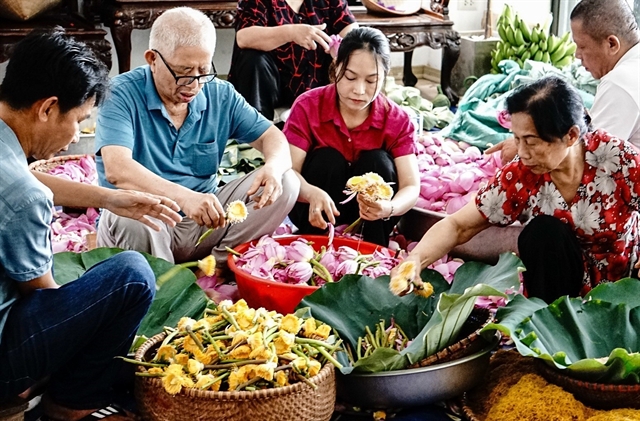 |
| The family of artisan Luu Thi Hien carries out the tea-scenting process. |
Today, the "Quang An Lotus Tea - the Essence of Vietnamese Tea" brand of Tay Ho District continues to thrive, with Hien Xiem Lotus Tea being the sole representative to achieve a 4-star OCOP certification. The tea has been chosen for prestigious events, solidifying its reputation as a national delicacy.
Beyond their traditional lotus tea, the Luu Thi Hien family has also introduced freeze-dried lotus blossoms, revolutionising the preservation and distribution of this delicate tea. This innovation allows people worldwide to savor the unique flavor of their products.
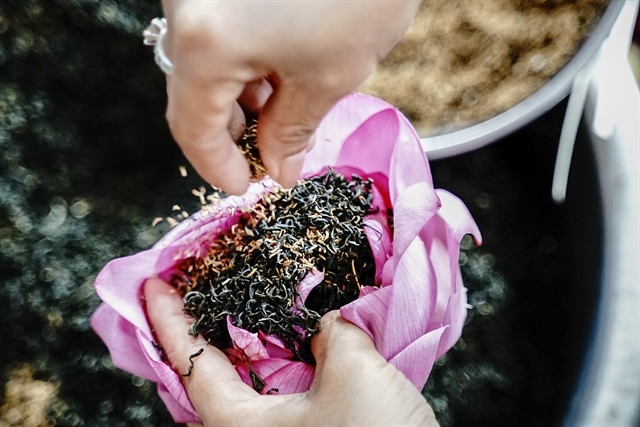 |
| Hien Xiem lotus tea has been served at Vietnamese tea ceremonies for international dignitaries. |
“From a young age, I've been involved in every step of lotus tea making, from separating petals to drying stamens," shares artisan Luu Thi Hien. "Tea making has always been my passion, and I've never prioritized profit over preserving this traditional craft”.
Lotus tea making is a demanding craft that requires unwavering dedication and meticulous attention to detail. The traditional method of drying tea over charcoal fires is labour-intensive and physically taxing, especially during hot weather, so many have abandoned this ancient practice.
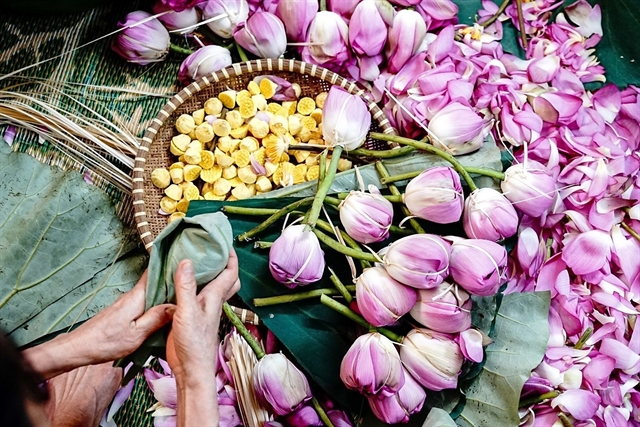 |
| The lotus tea-making process is entirely handmade. |
Despite these challenges, artisan Luu Thi Hien remains dedicated to preserving her family's legacy. She has passed on her knowledge to her children, ensuring that the legacy of Quang An lotus tea will continue for generations to come.
"At nearly 80, I've dedicated almost my entire life to the art of lotus tea making," says artisan Luu Thi Hien.
"Despite the many ups and downs, I've never lost my passion for this craft. Making lotus tea is more than just a job, it's about preserving cultural heritage and sharing the unique flavors with the world”.
The traditional lotus tea-making craft is now facing a crisis due to the dwindling supply of Hundred-Petaled Lotus and rising production costs.
Nguyen Van Chi, Deputy Head of the Ha Noi Rural Development Program Coordination Office, stated that “In response to the shrinking lotus cultivation areas, the Ha Noi Department of Agriculture and Rural Development, in collaboration with the Tay Ho District People's Committee, has initiated a project to restore and expand the cultivation of Bach Diep, a rare variety of lotus with a hundred petals, in several small lakes around West Lake, covering an area of 7.5 hectares.
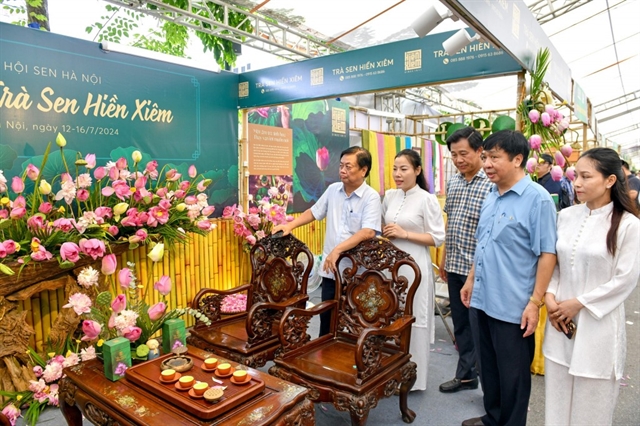 |
| Minister of Agriculture and Rural Development Le Minh Hoan and other delegates visited the Hien Xiem Lotus Tea booth at the 2024 Hanoi Lotus Festival. |
The initial results of lotus cultivation in Tay Ho District's lakes have not only shown economic benefits but also contributed to environmental protection and the development of eco-tourism."
Tran Gia Hung, Head of the Tay Ho District Economic Department, reported that there are currently over 200 households producing traditional lotus tea in Tay Ho District, including 40 OCOP products rated 3 stars and 1 OCOP product rated 4 stars, which is Hien Xiem Lotus Tea owned by Luu Thi Hien.
In the coming time, the district will continue to develop OCOP products to meet the demands of economic development and village tourism, while preserving and promoting the brand, aiming to export lotus tea. VNS
*The article is published under the coordination of the Coordination Office of the New-Style Rural Development Programme in Hà Nội.




